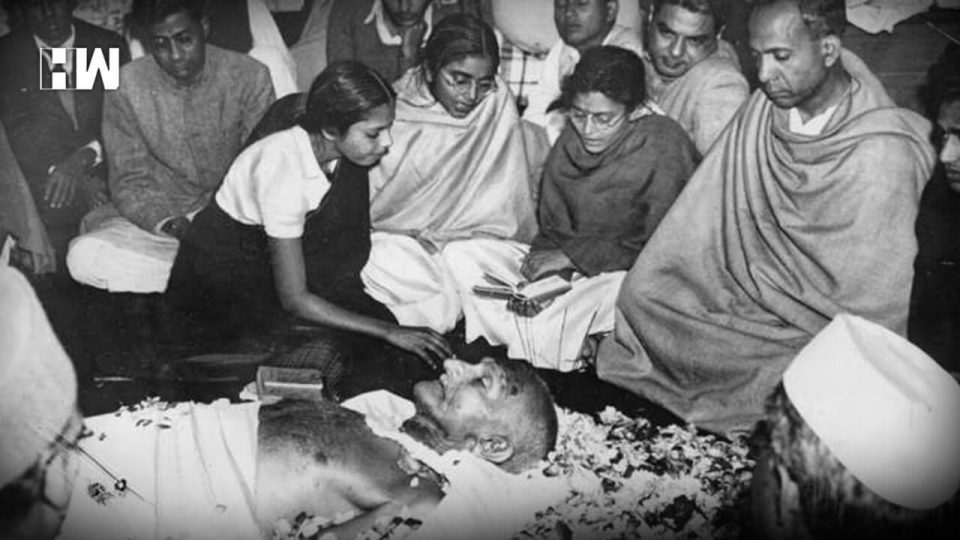New Delhi | A Mumbai resident, who has been knocking at judiciary’s doors with his plea for an inquiry into the alleged “larger conspiracy leading to” the assassination of Mahatma Gandhi, has once again approached the Supreme Court with “fresh” documents and evidence to claim that a re-investigation was needed to clear the air in the matter.
Dr. Pankaj Phadnis has filed a petition asking the apex court to peruse some books and a forensic report of the photographs of wounds on the body of Gandhi to decide the need for fresh probe into his killing. The Supreme Court had rejected his earlier plea for re-investigation into the assassination in March this year.
In the fresh plea, he has given reference from two book — Who Killed Gandhi by Lourenco de Salvador written in 1963 and India Remembered by Pamella Mountbatten, daughter of then Governor General Lord L. Mountbatten.
He claimed that examination of the two books would lead to conclusion that the person/persons in the highest echelons of power, were “complicit” in the murder of Mahatma.
In the plea, he claimed he had obtained a report of a well known expert in the United States who has categorically confirmed that four wounds were visible on the chest of the Mahatma in the photograph obtained by him from the National Gandhi Museum, Delhi and which had been published on January 31, 1948 by a prominent newspaper and has been on display for last 70 years in the Museum.
The Mumbai-based researcher, Pankaj Phadnis, who is also the trustee of Abhinav Bharat Charitable Trust, filed the petition seeking recall of the March 28 verdict by which the apex court had rejected his attempt to get the probe into Mahatma’s death reopened, saying it would be an exercise in futile.
However, in his review petition, Phadnis claimed the apex court did not have the opportunity to examine the material which he had secured and further some of the facts he brought in the rejoinder affidavit were not considered.
The petitioner claimed that the apex court only relied on the submission of a senior advocate, who was appointed as amicus curiae in the matter and his reply to the amicus’ report was not taken into account.
He claimed that during the course of proceedings, he learnt of a book Who Killed Gandhi published in or about 1963 which alleged the involvement of people in the “highest echelons of power” being “complicit” in the murder of Mahatma Gandhi.
As the book is banned for import in India, he filed a PIL in 2018 in the Bombay High Court for production of the book before the apex court as it contained information material relating to the case.
The PIL in the High Court could not be heard which resulted in apex court not having full and complete information germane to the matter before it, when it came to decide the matter on March 28, 2018, he contended.
Phadnis said that on further research he recovered a transcript of BBC broadcast after the shooting of the Mahatma but before his death was announced which corroborates the information given in the book Who Killed Gandhi and also contradicts the six eyewitnesses on the vital aspect of who caught Nathuram Godse after he shot the Mahatma.
Mahatma Gandhi was assassinated on January 30, 1948 and nine accused were tried for the conspiracy and murder. A trial court on February 10, 1949 convicted seven accused and acquitted one. Godse and Narayan Apte were sentenced to death.
As an independent media platform, we do not take advertisements from governments and corporate houses. It is you, our readers, who have supported us on our journey to do honest and unbiased journalism. Please contribute, so that we can continue to do the same in future.

